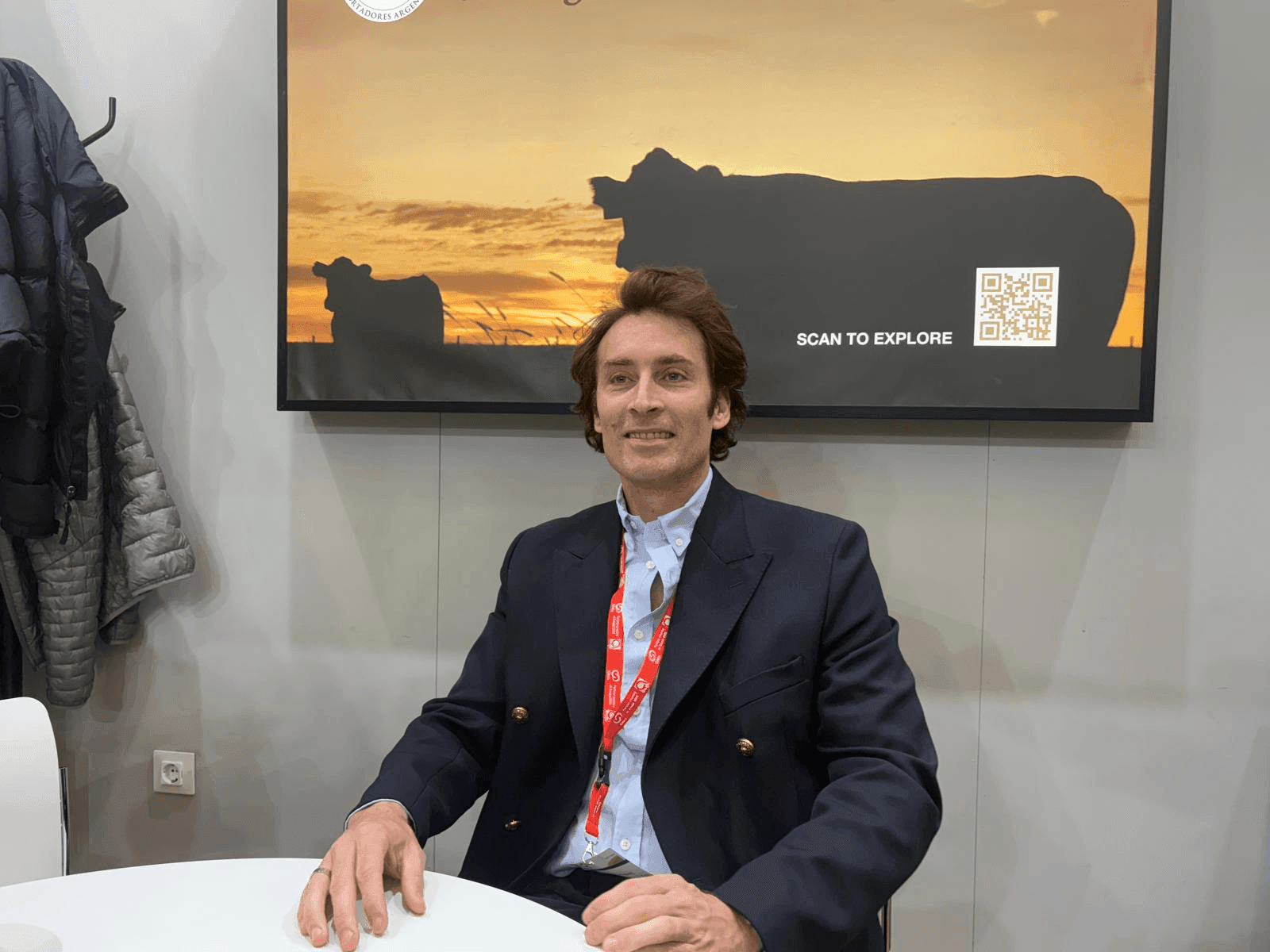Argentina seeks to consolidate its export position after a record year and the removal of export taxes
Argentina’s presence at Anuga 2025 marked a turning point for the country’s beef industry. With international prices at historic highs and the temporary elimination of export taxes, the sector arrived at the Cologne fair amid an atmosphere of enthusiasm and cautious optimism. “There is strong demand and great enthusiasm among exporters. Europe needs beef, and that’s clear,” summed up Fausto Brighenti, representative of the Argentine Association of Exporting Producers (APEA) and member of the trading company "Ideal".
According to Brighenti, European interest now extends even to cuts that were not traditionally part of exports to that destination. “There are cuts or combinations that we didn’t use to sell to Europe and today they play an important role in the profitability of Argentina’s export mix,” he explained. In this context, he highlighted that current prices for Hilton and 481 quota beef are the highest in years, reinforcing the attractiveness of the European market.
He also underlined the relevance of Australian competition, which is going through a record export phase and serves as a benchmark for Argentina. “Australia drives the market for high-quality beef, and we always watch what they do: the cuts they offer, the packaging, the presentation. We’re beginning to add value with packaged beef —not only through the quality of the animal but also through the industrial process,” he said.
Brighenti also welcomed the European Union’s decision to postpone for another year the full implementation of the anti-deforestation regulation, giving the Argentine industry more time to prepare. “It gives us breathing room and time to adapt to the new environmental requirements,” he pointed out.
Regarding the domestic situation, he noted that conditions are favorable compared with a year ago. “We are in a good situation, with very strong international prices and with China —which accounts for at least 60% of any export mix— also showing firm prices,” he said. However, he warned that structural competitiveness remains a major challenge: “We have an extremely heavy tax burden, lack of infrastructure, poor roads, inefficient ports, and interest rates above 50%. All of that hurts production.”
Despite these difficulties, Brighenti said that high international prices help sustain producer confidence and investment. “In relative terms, this is probably the best moment of the 21st century for Argentine beef production. Producers are willing to invest. What we need is stability and continuity: thirty years of export freedom, without quotas, without taxes, without banned cuts,” he emphasized.
On the possibility of improving access for Argentine beef to the U.S. market, Brighenti said it remains a subject of expectation, though with no firm news. “There’s been a lot of talk, but things have cooled off a bit. Hopefully, an announcement comes soon. If it happens —along with the approval of the offal protocol with China— those would be two major boosts to Argentina’s competitiveness,” he noted.
For Brighenti, the core challenge for the beef chain is to increase production and productivity. “Argentina needs more markets and more grass. We must produce more beef per animal, raise the average slaughter weight, and expand backgrounding. Producers have the incentives, but we need infrastructure and predictability to turn that into sustainable growth.”
From APEA’s perspective, the goal is to support that process through organization and knowledge. “We encourage producer groups to become more involved in the entire chain —how cattle are slaughtered, exported, and marketed. It’s an integral development process that requires learning how to compete in quality-driven markets,” he explained.
Brighenti highlighted the work of the group Carne Sudamericana, created in 2024 by associated producers to supply Europe, the United States, and China. “We’re promoting our methodology, showing how we slaughter, export, and guarantee traceability. Today’s consumer wants to scan a QR code and know where that animal grazed, under what conditions it lived, and what production practices were applied,” he said.
In this regard, he affirmed that sustainability, environmental responsibility, and zero deforestation are essential pillars of the new export model. “The entire Argentine industry, coordinated by IPCVA, is working to show that we produce responsibly. The world demands traceable, sustainable, and transparent beef —and that’s the path we’re on.”
